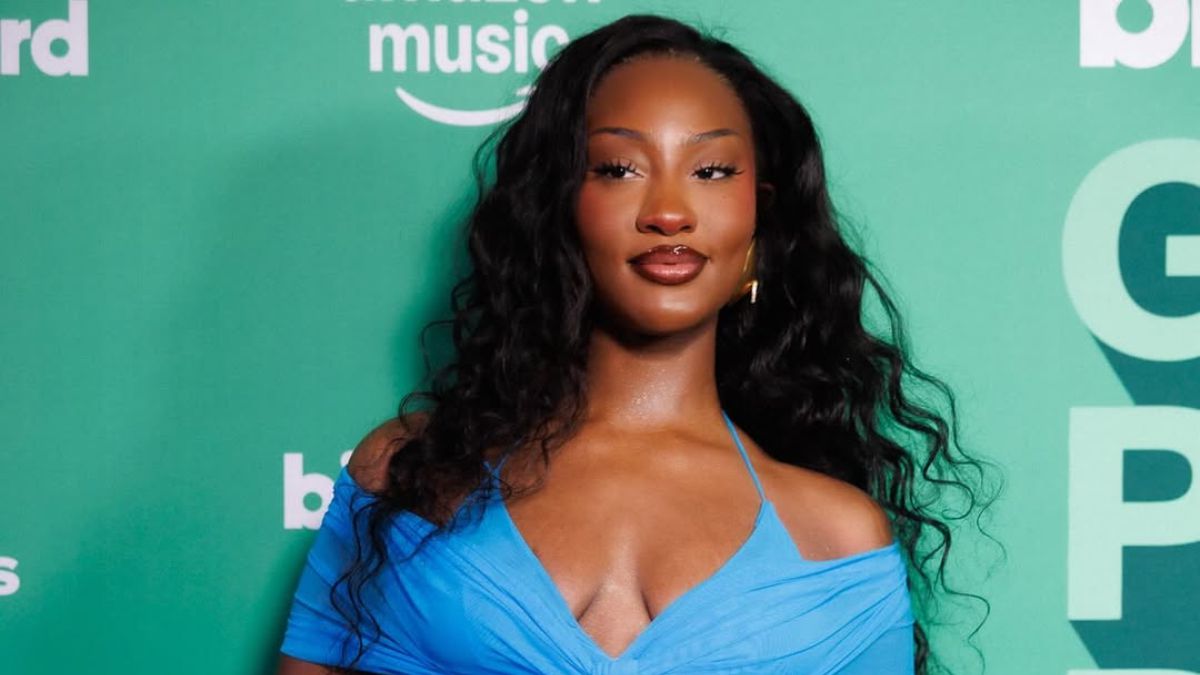Barry Jhay sings for fame on ‘Barry Star Vol. 1’
Barry Jhay is a striking voice in Nigerian music. His emotive melodies and poignant lyrics are a major contributor to the melancholy that has increased the use case for Afro-Adura (emo street pop).
It’s this capacity to make one feel things that have drawn him to many listeners whose reality his music documents and even to those who find comfort in his soothing melodies.
On ‘Barry Star Vol 1,’ he trades his poignant melodies for more ambitious pop flows that communicate his desire for a larger role in the Nigerian mainstream.
For his day-one fans, the album largely feels like Barry Jhay discarded the bond they share. However, some moments allow for an appreciation of his ambition and inspire these fans to follow him on his new adventure.
Like most Afrobeats stars, Barry Jhay combines indigenous language, in his case Yoruba, with English and Pidgin to convey his thoughts.
Drawing from the rich melodies of his late father, the iconic Fuji music pioneer Alhaji Sikiru Ayinde Barrister, Barry Jhay kicks off his new adventure by committing it into divine hands like an artist inspired by typical fuji stars whose performances open with a divine acknowledgment.
Barry Jhay’s mainstream ambition is communicated via a change in cadence and production rather than is change in thought.
He embraces an uptempo beat punctuated by log drums in ‘Eskelebebe’, whose title is coined from famous Afrobeats slang to convey the familiar desire for success.
“I no go dull,” is the message that unites young men whose realities are shaped by a society where snoozing is unforgivable.
He restates his desire for success and trust in divine guidance on the ‘Do Not Disturb’ where his flow is reminiscent of the punchy fuji and hip-hop-infused delivery coined and popularised by Afrobeats superstar Asake.
He punches with melodic rap flows on ‘Never Stop’ where he recruits Blvk H3ro whose soothing dancehall melodies complement his message of individuality and heavy reliance on divine grace that shapes Afro Adura.
The two-song run of ‘Do Not Disturb’ and ‘Never Stop’ offers a moment that gives fans a reason to follow him in his new pop star adventure.
While Barry Jhay might be looking at the strides of Asake and Seyi Vibes, both stars who embrace indigenous Yoruba music for mainstream success, his thoughts are still strongly tethered to the Afro Adura realm than the chest-thumping, party-starting, and romance meets desire subtexts that define Afropop.
On ‘Rest,’ he embraces log drums to sing about ambition fanned by a philosophy of individuality, another famous staple from the Afro-Adura school of thought.
He tapped into his new party starter side on ‘Kilonso‘ where his uptempo flow is capable of embracing new listeners while equally alienating older ones who will struggle to find him in the track.
It’s this inability to effectively sell his new side that forms the disconnect many of his Day 1 listeners, including this writer, suffer at the album’s midpoint.
Barry Jhay’s ambition aims to embrace Afrobeats’ heavily populated UK base with the Swing cadence he displayed on ‘Same Old Shit’ which lacks a retentive part.
While his versatility shows over the Drill beat of ‘What A Life,’ the song struggles to find a balance between his singing, melodic rap flows, and the swagger needed to deliver on such a beat.
While largely being a foray into new territory, familiar parts of Barry Jhay still shine as he finds a striking balance on ‘See Me See God’, which is one of the better tracks on the album.




![Falz fetes listeners with a buffet of delightful songs on 'The Feast' [Review] Falz fetes listeners with a buffet of delightful songs on ‘The Feast’ [Review]](https://ovanews.com.ng/wp-content/uploads/2025/06/5be8eb0c-947c-48ef-88fc-f83bc893f572-S51hDB.png)